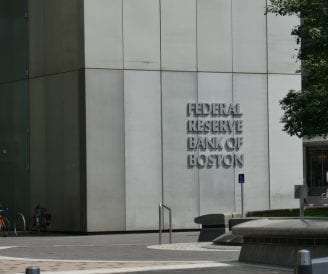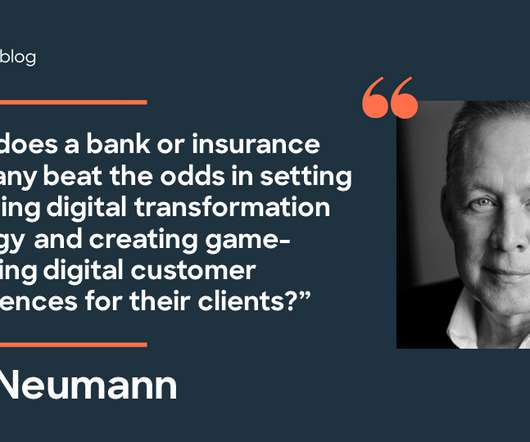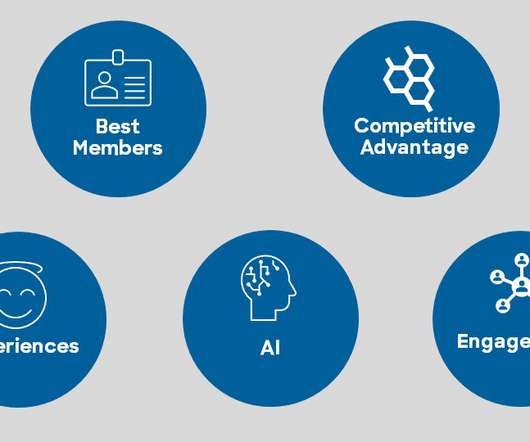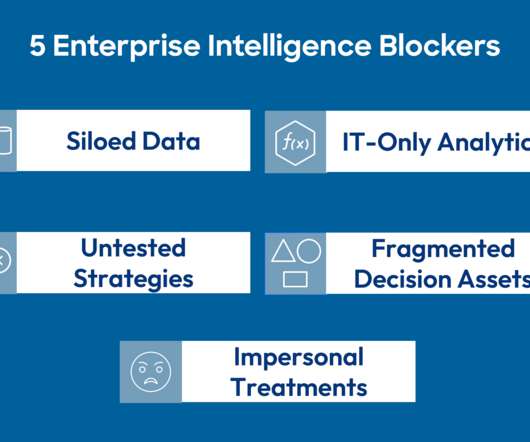IdentityMind On The Need For FinTech Compliance Marketplaces
PYMNTS
SEPTEMBER 6, 2018
The top of any FinTech’s to-do — and to-keep-doing — list. The age of technology is, of course, well upon us, with Software-as-a-Service (SaaS) a key conduit to making sure that at least some business operations — once the province of spreadsheets and reams of paper — can be streamlined. Compliance and risk? Plugging In To Plugins.
























Let's personalize your content